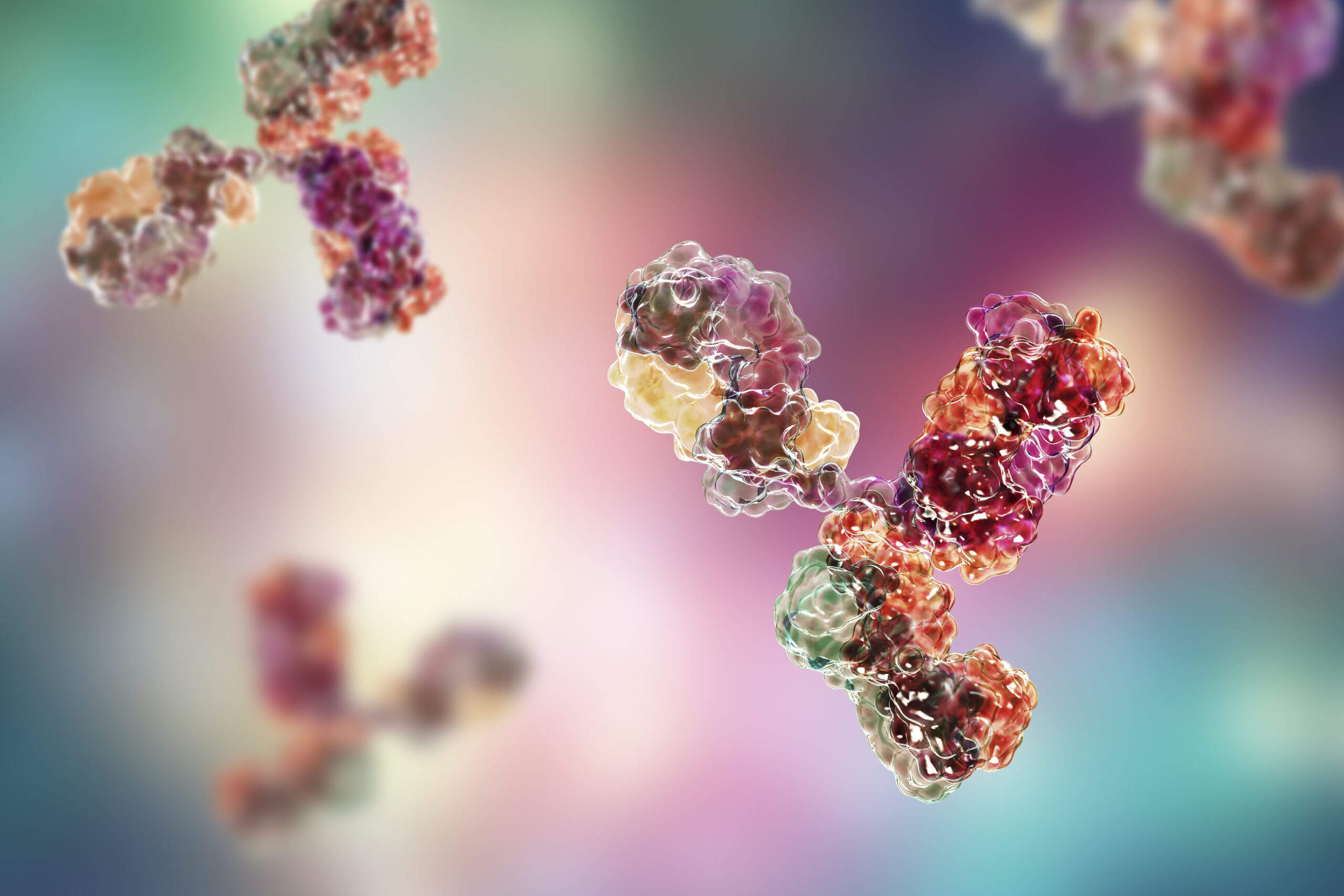
Methylmalonicaciduria with homocystinuria is a rare genetic disorder that affects how the body processes certain amino acids and fats. This condition can lead to a variety of health issues, including developmental delays, muscle weakness, and vision problems. Caused by mutations in specific genes, it disrupts the normal breakdown of proteins and fats, leading to the accumulation of harmful substances in the body. Early diagnosis and treatment are crucial for managing symptoms and improving quality of life. In this blog post, we'll explore 30 intriguing facts about this complex condition, shedding light on its causes, symptoms, and treatment options.
Key Takeaways:
- Methylmalonicaciduria with homocystinuria (MMA-HCU) is a rare genetic disorder that affects how the body processes certain amino acids and fats, leading to potential serious complications if left untreated.
- Early detection through newborn screening and genetic testing, combined with lifelong management and support networks, can help individuals with MMA-HCU lead fulfilling lives despite the unique challenges they face.
What is Methylmalonicaciduria With Homocystinuria?
Methylmalonicaciduria with homocystinuria (MMA-HCU) is a rare genetic disorder. It affects the body's ability to process certain amino acids and fats. Here are some fascinating facts about this condition.
-
MMA-HCU is a metabolic disorder. It disrupts the normal breakdown of proteins and fats in the body.
-
Caused by genetic mutations. Mutations in the MMACHC gene are often responsible for this condition.
-
Inherited in an autosomal recessive manner. Both parents must carry the defective gene for a child to be affected.
-
Symptoms can appear in infancy. Early signs include poor feeding, lethargy, and developmental delays.
-
Can lead to serious complications. If untreated, it may cause intellectual disability, seizures, and organ damage.
How is MMA-HCU Diagnosed?
Diagnosing MMA-HCU involves several tests and procedures. Early detection is crucial for managing the condition effectively.
-
Newborn screening. Many countries include MMA-HCU in their newborn screening programs.
-
Blood tests. Elevated levels of methylmalonic acid and homocysteine in the blood can indicate MMA-HCU.
-
Genetic testing. Identifying mutations in the MMACHC gene confirms the diagnosis.
-
Urine tests. High levels of methylmalonic acid in urine also suggest MMA-HCU.
-
Metabolic testing. Specialized tests can assess how well the body processes certain nutrients.
Treatment Options for MMA-HCU
Managing MMA-HCU requires a combination of dietary changes, supplements, and medical interventions.
-
Vitamin B12 supplements. Many patients respond well to high doses of vitamin B12.
-
Specialized diets. Low-protein diets help reduce the buildup of harmful substances.
-
Medications. Some drugs can help manage symptoms and prevent complications.
-
Regular monitoring. Frequent blood and urine tests are necessary to track the condition.
-
Liver or kidney transplant. In severe cases, organ transplants may be considered.
Living with MMA-HCU
Living with MMA-HCU presents unique challenges, but with proper care, individuals can lead fulfilling lives.
-
Lifelong management. Continuous treatment and monitoring are essential.
-
Support networks. Connecting with others who have MMA-HCU can provide emotional support.
-
Education and awareness. Learning about the condition helps patients and families cope better.
-
Regular medical check-ups. Routine visits to healthcare providers ensure optimal management.
-
Emergency preparedness. Having a plan for medical emergencies is crucial.
Research and Advances in MMA-HCU
Ongoing research aims to improve understanding and treatment of MMA-HCU. Scientists are exploring new therapies and potential cures.
-
Gene therapy. Researchers are investigating gene therapy as a potential treatment.
-
New medications. Developing drugs that target specific pathways involved in MMA-HCU.
-
Clinical trials. Participating in clinical trials can provide access to cutting-edge treatments.
-
Biomarker discovery. Identifying new biomarkers for better diagnosis and monitoring.
-
Patient registries. Collecting data from patients worldwide to enhance research efforts.
Impact on Families
MMA-HCU affects not just the patient but also their families. Understanding the broader impact can help in providing better support.
-
Emotional strain. Families often experience significant emotional stress.
-
Financial burden. The cost of treatment and care can be substantial.
-
Caregiver responsibilities. Family members may need to take on caregiving roles.
-
Genetic counseling. Families benefit from genetic counseling to understand the risks and implications.
-
Community resources. Accessing community resources can provide additional support and assistance.
Understanding Methylmalonicaciduria With Homocystinuria
Methylmalonicaciduria with homocystinuria (MMA-HCU) is a rare genetic disorder that affects the body's ability to process certain proteins and fats. This condition can lead to a buildup of harmful substances in the blood, causing a range of symptoms from developmental delays to organ damage. Early diagnosis and treatment are crucial for managing MMA-HCU. Treatments often include a special diet, vitamin B12 supplements, and sometimes medications to reduce the levels of toxic substances. Genetic counseling can also be beneficial for families affected by this disorder. Although living with MMA-HCU can be challenging, advancements in medical research continue to improve the quality of life for those affected. Staying informed and working closely with healthcare providers can make a significant difference in managing this condition effectively.
Frequently Asked Questions
Was this page helpful?
Our commitment to delivering trustworthy and engaging content is at the heart of what we do. Each fact on our site is contributed by real users like you, bringing a wealth of diverse insights and information. To ensure the highest standards of accuracy and reliability, our dedicated editors meticulously review each submission. This process guarantees that the facts we share are not only fascinating but also credible. Trust in our commitment to quality and authenticity as you explore and learn with us.
